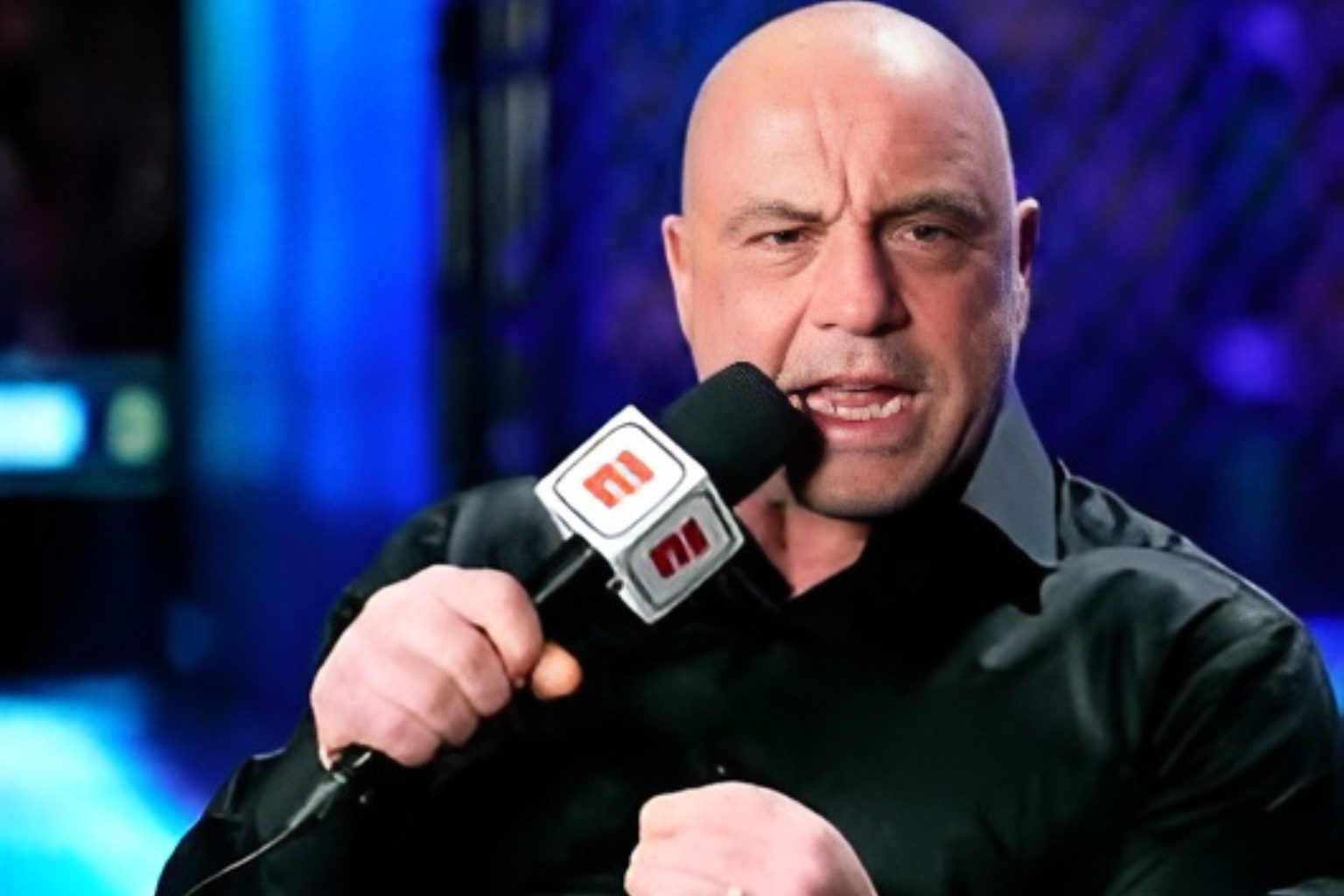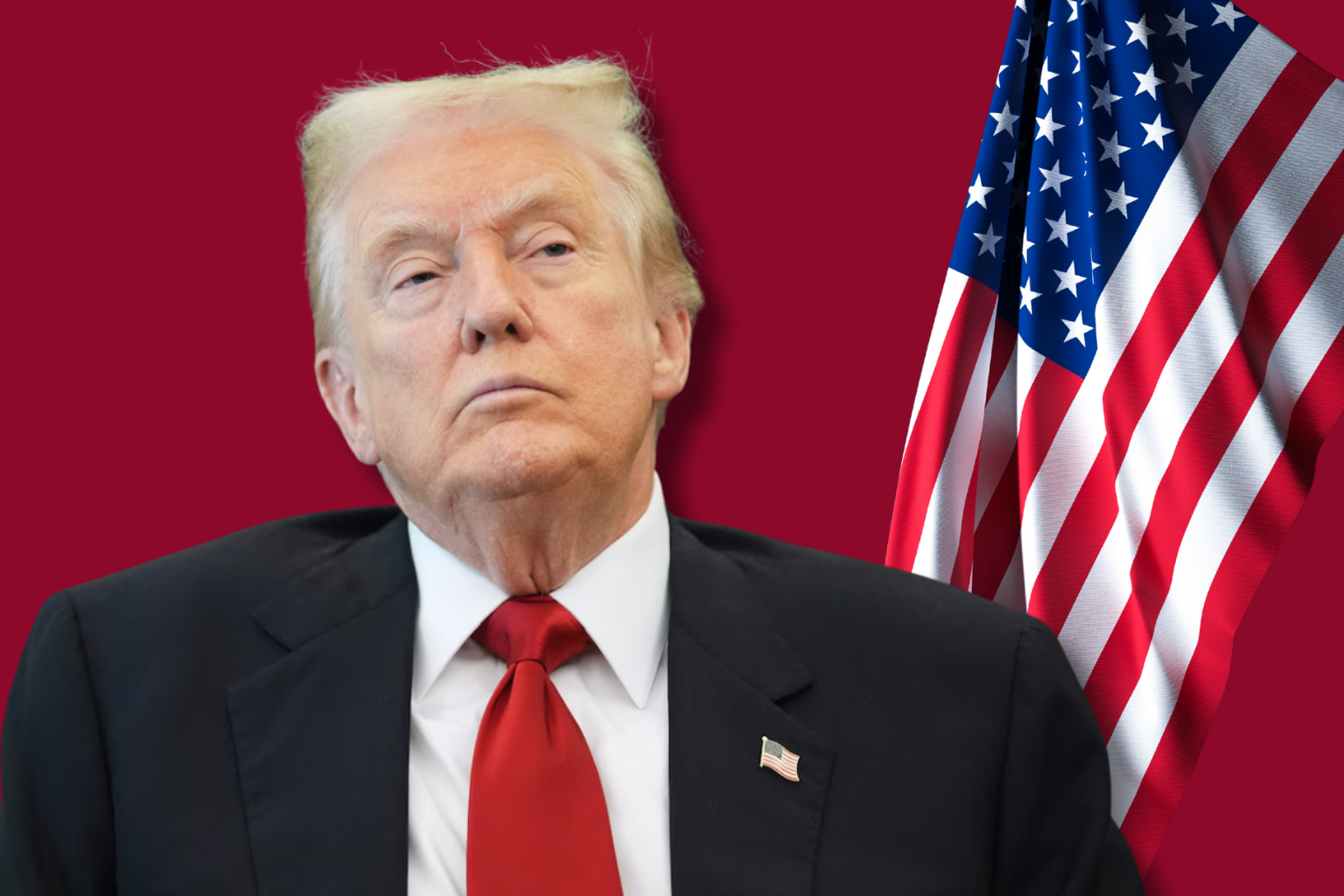Joe Rogan’s Reaction Captures the Nation After Charlie Kirk’s Death

After conservative activist Charlie Kirk was assassinated, Joe Rogan froze, scarcely able to talk. The bombshell left Rogan and Charlie Sheen clearly rattled during their podcast recording. They were talking when Rogan’s producer broke the news. Rogan inquired if it was true and if Kirk had died, moving between shock and despair. Moment weight hovered in the air.
While lecturing at Utah Valley University, Turning Point USA founder Charlie Kirk was shot and killed. During his “American Comeback Tour,” he debated students and young conservatives. His age was 31. Sniper fire killed Kirk during a discussion on mass shootings. A student asked Kirk how many transgender Americans had been mass shooters in the past decade; Kirk said “too many.” He was shot in the neck. He died after being transported to hospital. This shocked the nation.
Rogan and Sheen denounced the murder. Rogan called the incident weird, acknowledging political discourse’s breakdown. That violence was repugnant to Sheen because individuals should be entitled to disagree without fear of death. Their views reflect a growing national sadness and indignation over political violence.
President Donald Trump called the shooting a “heinous assassination” and condemned it. He termed this a dark moment for America that should unify rather than divide. Trump announced the arrest of a suspect after tips led officials to him. Investigators said the killer used a powerful bolt-action rifle to shoot from a rooftop.
The last words Kirk said before the bullet—about counting or not counting gang violence—are symbolic. A tragedy occurred during a conversation about mass shootings and identity. Free speech and cross-party debate advocates urged for calm after the incident, saying violence is never the answer.
Rogan’s astonished silence shows how much this loss has shook public faith and anxiety as America analyzes this loss. It highlights the critical need to review political event safety, public figure and media responsibilities, and rebuild polite disagreement in national discourse.
Sources:
AP News
People
Reuters
New York Post
The Daily Beast
Wikipedia




